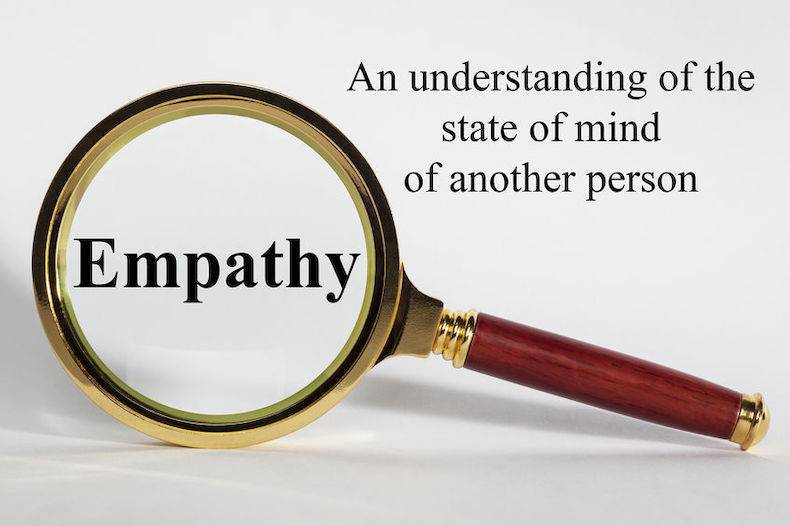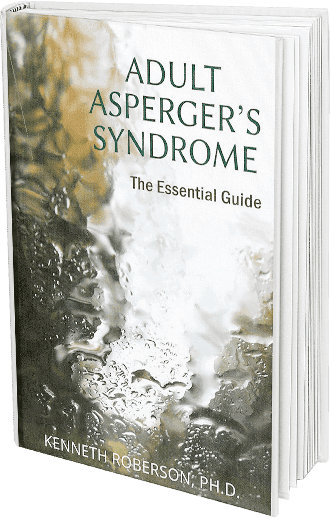
Empaths are people who feel more empathy than the average person. They are usually more accurate in recognizing emotions and more likely to recognize emotions earlier than other people. They also tend to feel the emotions of others as if those emotions are their own.
People on the autistic spectrum, on the other hand, are said to lack empathy and have trouble understanding feelings, both their own and those of other people.
So, would someone who recognizes and feels emotions so accurately and intensely be likely to have autism?
Autism and Alexithymia
A 2016 article in Scientific American shed light on this question, with surprising results.
The authors looked at the overlap between autism and alexithymia, a condition that involves the inability to identify and describe emotions experienced by one’s self. A person with alexithymia might feel emotion but not know what that emotion is.
On the surface, studying the relationship between autism and alexithymia would have little bearing on whether an empath could be autistic since empaths are good at recognizing emotions, unlike those with alexithymia. However, several studies described in this article make the connection between being an empath and autism, albeit in a roundabout way.
For one thing, the authors found that alexithymia involves problems in recognizing emotions, but autism does not. In fact, autism itself does not impair the ability of someone to recognize emotions.
Nor does autism impair the ability to have empathy. When the authors measured empathy for other people’s pain, they found that adults with autism but not alexithymia show typical levels of empathy. In contrast, those with alexithymia, whether or not they also had autism, were less empathic.
This is not to say, and it should be emphasized, that people with alexithymia don’t care about other people’s feelings. Instead, their difficulty recognizing emotions makes it hard for them to respond empathically to distress, pain, anger, and other troubling emotional states in others.
Answering the Empath as Autistic Question
The outcome of the studies described in this article can be summarized as follows. People with autism can read emotions and feel empathy. Many, in fact, experience normal or even excessive emotions and empathy. Some, of course, have trouble reading their own feelings and those of others, but it appears not to be more than what is typical of the average person. Those adults on the spectrum who have trouble identifying emotions and responding appropriately do so for reasons other than an inability to read emotions.
In short, it seems that an autistic person who recognizes emotions and responds empathically at a high level could be characterized as an empath. Stated oppositely, an empath could also be autistic.
Finally, it should be noted that being an empath doesn’t mean a person is also autistic, only that the possibility of being one-and-the-same exists. How common is a question for future research.
Dr. Kenneth Roberson is an ASD psychologist in San Francisco with over 30 years of experience. To ask a question or schedule an appointment, please call 415-922-1122.




